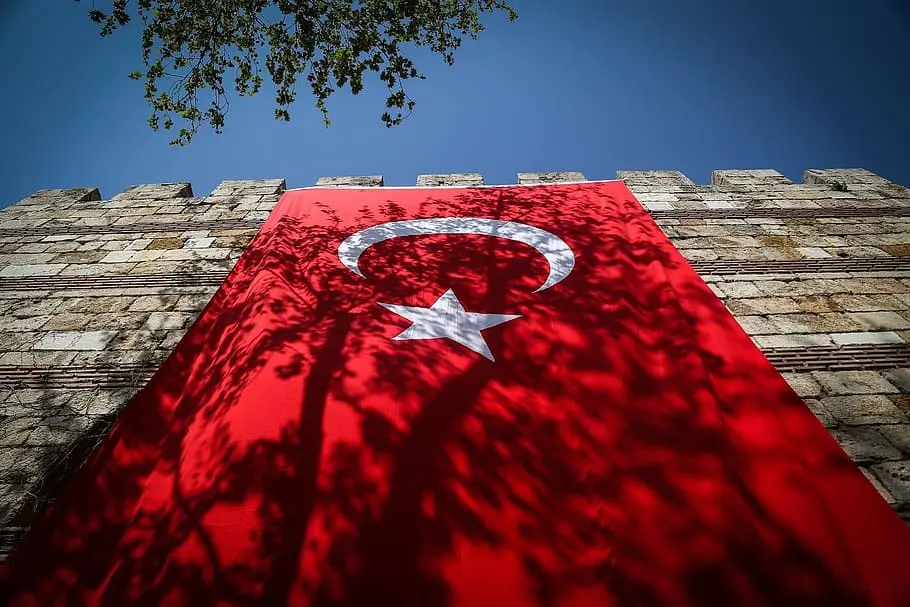Turkey’s central bank reduced its policy rate by 50 basis points on Thursday, dropping it from 9% to 8.5% as the nation continues to struggle with the effects of a terrible earthquake that claimed millions of lives.
According to Refinitiv statistics, the decision, which represents the start of a series of interest rate reductions in 2022 despite strong inflation, was in line with Reuters’ estimates. It also represents the lowest one-week repo rate in more than two years.
The central bank stated in a press release that “it has become even more important to keep financial conditions supportive to preserve the growth momentum in industrial production and the positive trend in employment after the earthquake,” adding that the effects of the earthquake are still being thoroughly assessed.
The region’s two consecutive earthquakes earlier this month, which shook Turkey and Syria, were the strongest in the area in almost a century and have so far claimed more than 46,000 lives.

The earthquake is projected to have a short-term impact on economic activity, but it is not thought to have a long-term effect on how the Turkish economy performs, according to the statement.
In January, the nation’s most recent annual inflation rate was 57.68%.
The accident has further entangled Turkey in its downward economic cycle because the expenditures of reconstruction are expected to run into the billions of dollars.
Instead than aiming to reduce inflation, Turkey’s monetary policy is based on the promotion of growth and export competition. Recep Tayyip Erdogan, the president of Turkey, holds the unconventional position that rising interest rates causes inflation to worsen rather than reduce it.
Last year, the strategy significantly devalued the Turkish Lira while driving up inflation rates to all-time highs.
Following the central bank’s decision, the Turkish lira remained stable at 18.87 to the US dollar.


